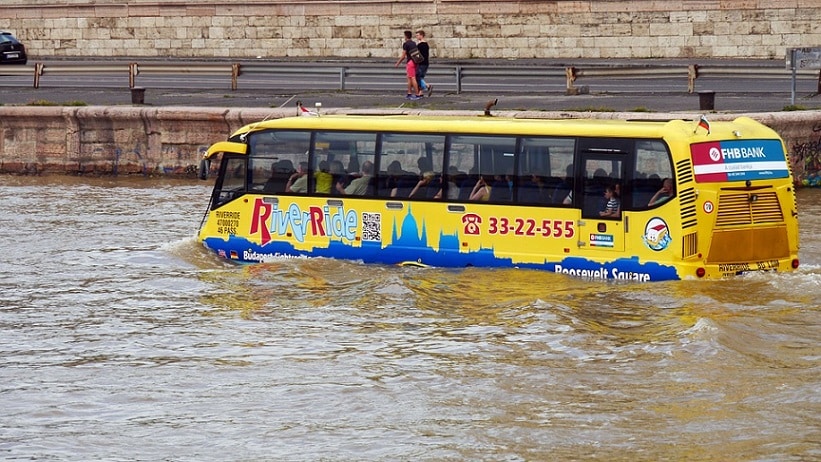 With the hectic amount of rainfall that the UK has been experiencing lately and the subsequent flooding, many individuals now have to turn to the task of cleaning up and getting life back to normal.
With the hectic amount of rainfall that the UK has been experiencing lately and the subsequent flooding, many individuals now have to turn to the task of cleaning up and getting life back to normal.
When cleaning up after a flood there are various hazards that one should be aware of and avoid or things could get worse in a hurry.
- Drinking Water: Drinking water can easily become toxic during a flood due to overflow from sewers, runoff surface water and other toxins that can enter the freshwater supply. Never drink water straight from the tap during a flood – either boil the water first or invest in a water cooler with a very good filter that can remove all toxins and provide sufficient chilled, ambient or hot water for your needs.
- Car Batteries: Older car batteries may leak acid, so if you have any lying about, make sure that you use rubber gloves when handling them.
- Carbon Monoxide (CO) Poisoning: Never bring petrol or diesel generators or fuel-driven DIY equipment indoors to help with the clean-up. The exhaust gases from these types of machinery contain carbon monoxide which can quickly build up to toxic levels without good ventilation.
- Household Chemicals: Any type of clean-up will normally involve the use of household chemicals. Be careful if using any of your old chemicals to clean with as the containers may have been dislodged and damaged during the flooding, resulting in leakages. Use protective gloves to handle any cleaning products or garden pesticides.
- Gas Systems: Do not turn on gas systems if they may have got wet. Only turn them on when they have been checked by a qualified gas engineer.
- Petrol or Oil in the Water: Watch out for petrol or oil that may have leaked into the floodwater. Do not disperse petrol – let the water subside and the petrol will evaporate one it comes into contact with the ground. Oil should also not be dispersed; it can be removed one the water has subsided by using a detergent solution to wash surfaces down
Once again, make sure that your drinking water and the water that you are using for food preparation, cooking, and personal hygiene is not toxic. Only drink bottled water or water from a water cooler with a filter. A tap filter can be used for food preparation and personal hygiene until the water is safe again.





